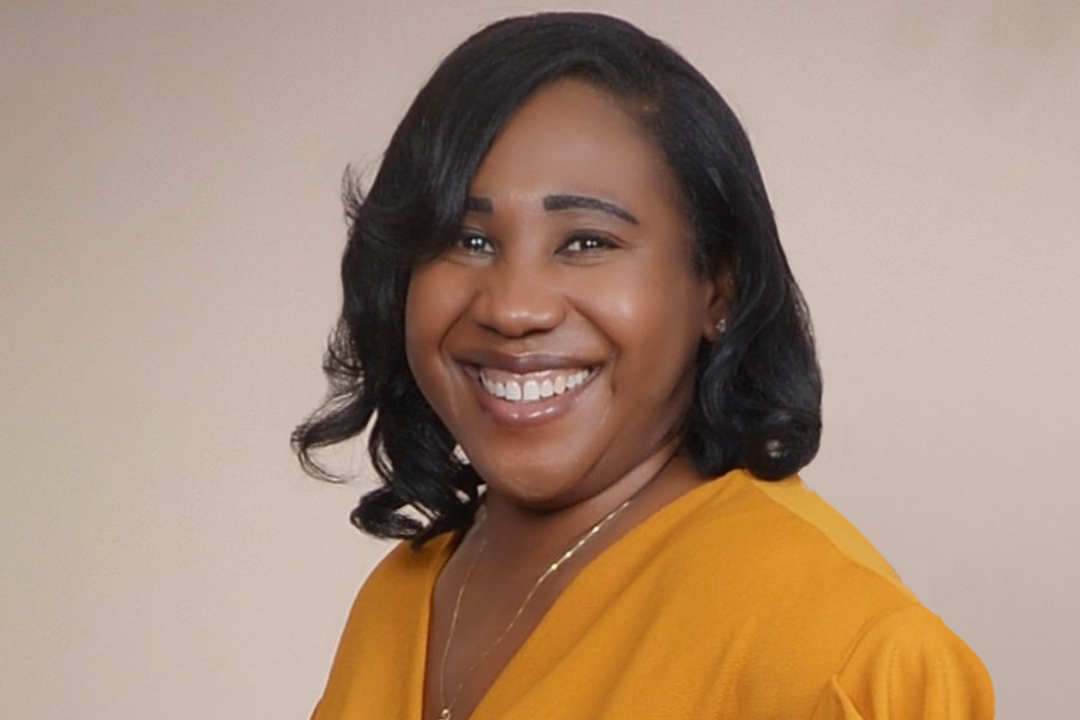Americans take a lot of medications. According to Centers for Disease Control data from 2019, more than 20 percent of adults aged 40–79 responded that they had taken five or more medications in the previous 30 days.
An emerging field of research that studies the effects of multiple medications is gaining attention among health care providers and nurse researchers. Polypharmacy, often defined as the simultaneous use of five or more prescription drugs, is more common in an aging population where multiple coexisting chronic conditions often occur. But the risk of adverse drug events is a concern, especially when the prescribed medications no longer provide the desired outcome.
Clinicians are well trained in how to prescribe medications, but discontinuing them presents new challenges. Deprescribing, defined as the process of withdrawing inappropriate medication under professional supervision with the goal of managing polypharmacy and improving outcomes, can be difficult for providers. Safely reducing medication requires a comprehensive review of the risks and benefits of that treatment, and clinicians may feel reluctant to change another provider’s treatment plan.
Ava Williams, DNP ’21, MSN ’19, CRNP, FNP-BC, recognized the need for nurses to be involved in a multidisciplinary approach to deprescribing. As part of her fellowship with the George Washington School of Medicine and Health Sciences Postdoctoral Primary Care Research Training Program, she has created a deprescribing training program for gerontology nurse practitioners. Williams is the first GW Nursing alumna to be accepted into the fellowship program.
“There’s not really good evidence out there to teach nurse practitioners, or prescribers, how to deprescribe,” Williams says. “I wanted to implement something to help nurse practitioners have that knowledge and competency so that we can safely deprescribe.”
Reflecting her longtime interest in working with older adults, Williams designed a quality-improvement initiative to engage them in the patient discharge process for her Doctor of Nursing Practice project. Her passion for improving health outcomes in older adults aligned with the goals of the deprescribing model.
As part of her research fellowship, Williams will evaluate the effectiveness of how the training prepares adult and family nurse practitioners to safely deprescribe. She plans to recruit new nurse practitioners with less than a year of experience in advanced practice.
Williams is working with an instructional designer from the GW SMHS Instructional Media for Programming, Collaboration and Teaching (IMPACT) team to create the program. The study will consist of a single three-hour self-directed asynchronous virtual training course that evaluates deprescribing knowledge and competence through a pre-test /post-test design. The training consists of three modules that will present an overview of polypharmacy, the tools and resources that are available to assist with deprescribing, and the evidence-based guidelines that NPs should follow to safely deprescribe the medications that most commonly cause adverse effects.
Participants will complete a simulation assessment featuring real-life scenarios of older adults with polypharmacy to evaluate whether they gained competency.
Christine Pintz, PhD, RN, FNP-BC, ACC, FAANP, a professor in GW Nursing’s Community of Policy, Populations and Systems, serves as Williams’ mentor. Pintz gave advice on how to develop the research study, identify aims, and how to measure outcomes. She’s optimistic about the results and sees potential for improving patient outcomes.
Williams sees this study as contributing to a larger movement educating NPs on polypharmacy and deprescribing. “I’m hoping that we can potentially embed something like this into the nursing curriculum,” she says, “so that we can help nurses understand how to deprescribe medications safely so they can improve outcomes.”


